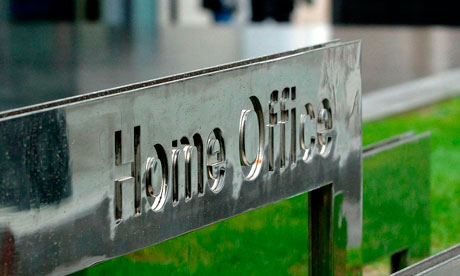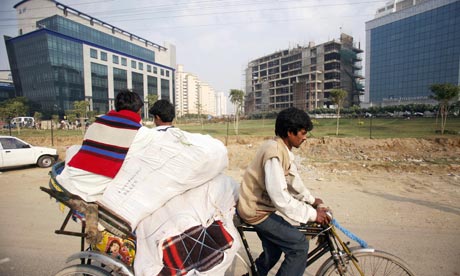Faster-than-light neutrinos could be down to bad wiring
What might have been the biggest physics story of the past century may instead be down to a faulty connection.
In September 2011, the Opera experiment reported it had seen particles called neutrinos evidently travelling faster than the speed of light.
The team has now found two problems that may have affected their test in opposing ways: one in its timing gear and one in an optical fibre connection.
More tests from May will determine just how they affect measured speeds.
The Opera collaboration (an acronym for Oscillation Project with Emulsion-Racking Apparatus) was initially started to study the tiny particles as they travelled through 730km of rock between a particle accelerator at the European Organisation for Nuclear Research (Cern) in Switzerland and the Gran Sasso underground laboratory in Italy.
Its goal was to quantify how often the neutrinos change from one type to another on the journey.
But during the course of the experiments the team found that the neutrinos showed up 60 billionths of a second faster than light would have done over the same distance - a result that runs counter to a century's worth of theoretical and experimental physics.
The team submitted the surprising result to the scientific community in an effort to confirm or refute it, and several other experiments around the world are currently working to replicate the result.
A repeat of the experiment by the Opera team will now address whether the issues they have found affect the ultimate neutrino speed they measure.
The two problems the team has identified would have opposing effects on the apparent speed.
This is used to provide start and stop times for the measurement as well as precise distance information.
That problem would increase the measured time of the neutrinos' flight, in turn reducing the surprising faster-than-light effect.
But the team also said they found a problem in the optical fibre connection between the GPS signal and the experiment's main clock.
In contrast, the team said that effect would increase the neutrinos' apparent speed.
Only repeats of the experiments by Opera and other teams will put the matter to rest.
"These latest developments show how hard the OPERA team is working to understand the results," said Dave Wark, a particle physicist from the Rutherford Appleton Laboratory in the UK and committee member of Japan's principal neutrino facility T2K.
"Just as it would have been unwise to jump to the conclusion that the initial results were the result of an anomaly, it would be unwise to make any assumptions now. It is the nature of science that theories have to be tested, re-tested and then tested again".
In a statement, the Opera collaboration said: "While continuing our investigations, in order to unambiguously quantify the effect on the observed result, the collaboration is looking forward to performing a new measurement of the neutrino velocity as soon as a new bunched beam will be available in 2012."
Meanwhile, the Borexino and Icarus experiments, also at Gran Sasso, the Minos experiment based at the US Fermilab, and Japan's T2K facility are all working on their own neutrino speed measurements, with results expected in the next few months.



